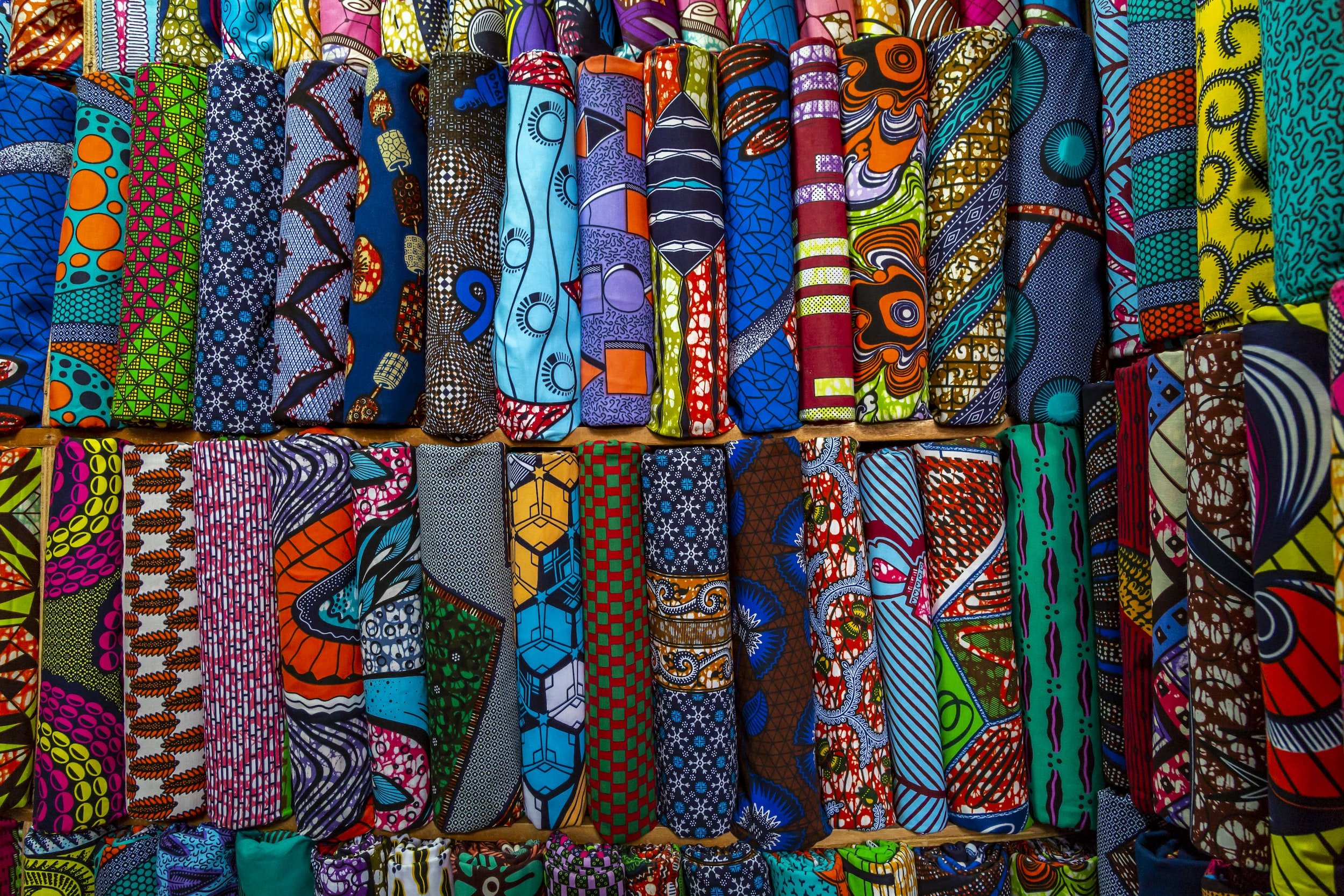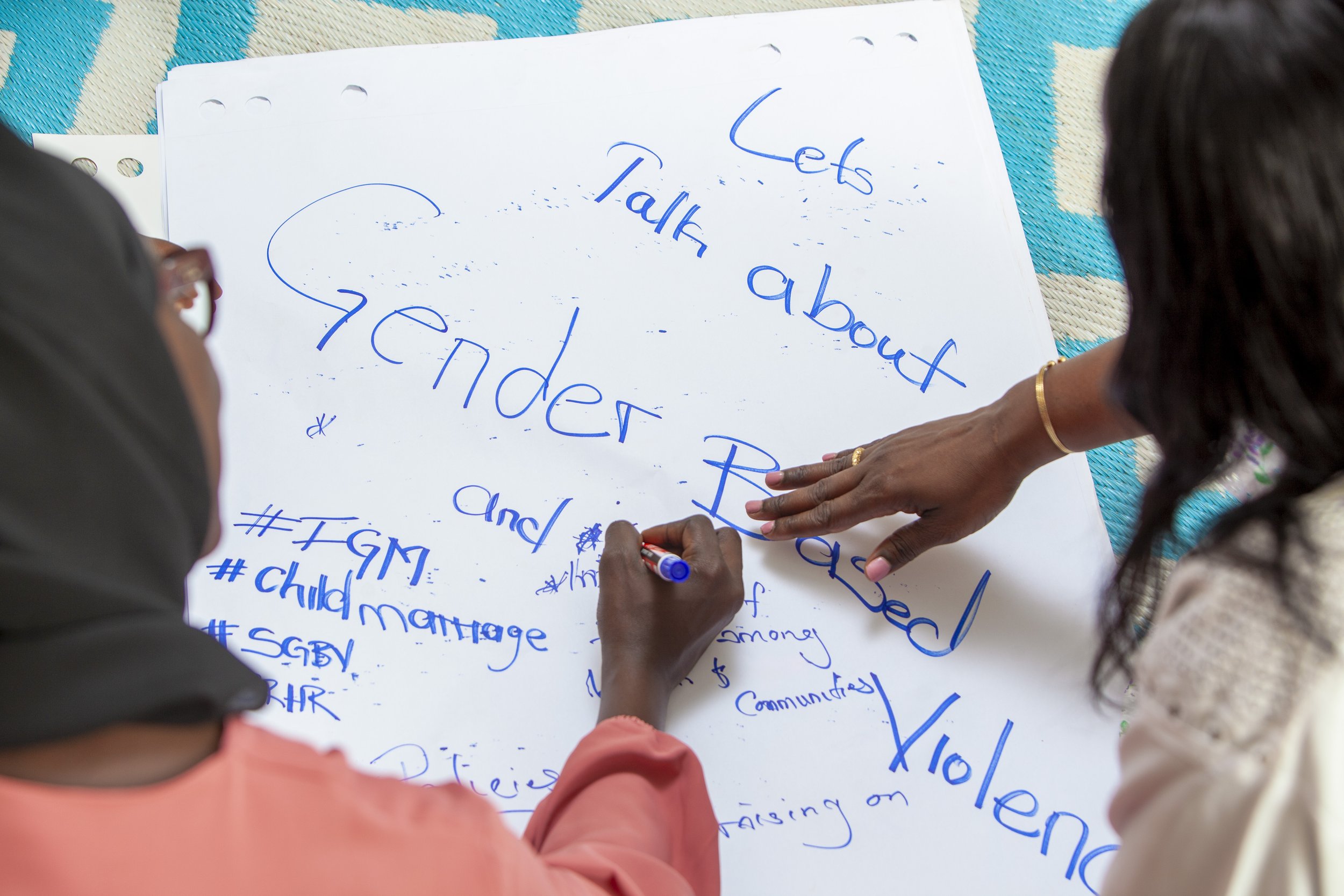
Gender Justice Programme
Transitional Justice
Alongside The Gambia’s Truth, Reconciliation and Reparations Commission (TRRC), WILL documented the stories of women under Yahya Jammeh’s 22-year dictatorship, which came to an end in 2017. The regime was characterised by widespread human rights violations including Sexual and Gender-Based Violence (SGBV).
SGBV disproportionately affects women. Due to the culture of silence, and the fear of stigma and backlash, many victims don’t speak up. It was vital that measures were put in place to support women to share their experiences in a safe and confidential environment.
WILL created women-only listening circles to encourage them to speak; held discussions on what constitutes sexual violence; engaged with Keneleng women who are traditional communicators; and had ‘Ataya chats’ to engage men and boys.
WILL continues to support The Gambia’s Post-TRRC process. The government has published a White Paper and accepted almost all of the TRRC’s recommendations, which they have committed to implement. WILL is sustaining its community engagement, and keeping Gambians informed of the Post-TRRC process.
Women’s Health & Rights
Sadly, SGBV is still endemic in The Gambia, despite the country’s ongoing democratic transition.
Community dialogues
WILL holds workshops with communities across the nation where we discuss and challenge the social and cultural norms that underpin gender inequality, including harmful practices like Female Genital Mutilation (FGM) and Child Marriage.
These dialogues with men, women, boys, and girls raise awareness of the impact of harmful gender norms. We also debunk the underlying myths and misconceptions that are used to justify violence against women and girls.
We talk about the different types of FGM, as well as its physical and mental health outcomes, and how it undermines the full potential of women and girls in the country.
Dialogues like this have proven to be a crucial tool in confronting the root causes of violence and gender injustice.
Safe Spaces
WILL offers psycho-social support for victims of SGBV by providing them with a safe space at our centre in Brusubi.
In this space, we also educate young women about their rights and their bodies. As well as discussing other forms of SGBV including FGM, we address multiple women’s health issues including child marriage, menstrual health, comprehensive sexuality education, teenage pregnancy, HIV and STIs.
We aim to empower the women and girls we work with to have agency over their bodies and their futures.
If you or someone you know has experienced a SGBV incident in The Gambia, please get in touch. Our team is highly experienced in supporting women who have experienced trauma.
Rebuilding Communities
Gambian society has been fragmented and scarred by decades of dictatorship. WILL runs grassroots sessions that focus on peacebuilding and social cohesion, to heal these wounds.
Enabling women and girls to participate fully in everyday life is central to these efforts. Whether that’s creating economic opportunities through Women’s Gardens, encouraging them to take part in politics and leadership, or renovating Health Centres in rural Gambia, WILL is passionate about the emergence of women and girls as key stakeholders in the country’s future.




